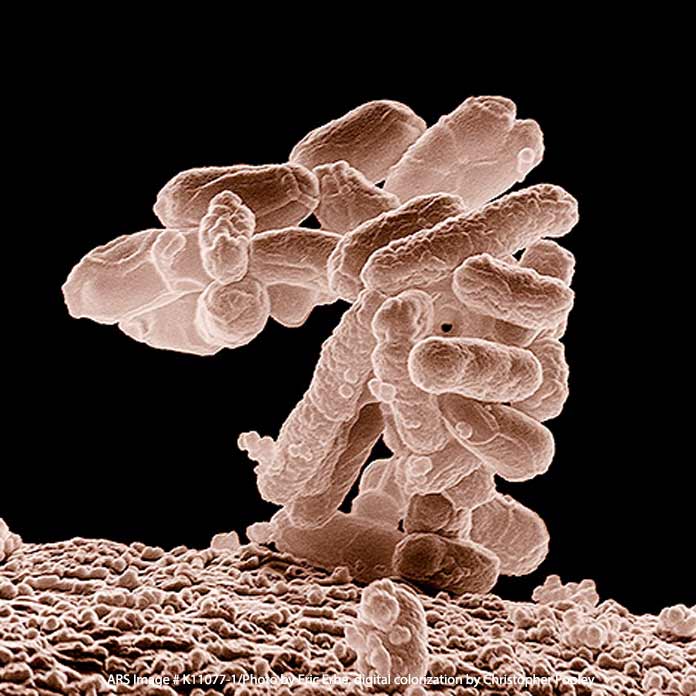The E. coli outbreak linked to Worthy Burger restaurant in South Royalton Vermont has sickened at least 11 people in three states. That is an increase of two cases from last week. The patients live in Rhode Island, New Hampshire, and Vermont.

Public health officials believe that undercooked ground beef served in rare hamburgers is the cause of this outbreak, although the restaurant disagrees. Worthy Burger routinely served rare hamburgers, according to online reviews found by the Penn State Food Safety Blog. Noted food safety attorney Fred Pritzker said, “restaurants need to be very careful when handling ground beef and should warn customers of the risks of ordering rare and medium rare hamburgers. We have seen many outbreaks like this one linked to undercooked ground beef over the past few years.”
Ten of the eleven people sickened ate at the restaurant in late August and early September before they become ill. The restaurant closed down for a few days in mid September, cleaning and implementing recommendations from the health department, including one that they serve only burgers that have been cooked to 155°F. The facility apparently still served rare and medium-rare burgers at the request of the customer as late as September 22, 2015, after closing to implement changes.
Ground beef often contains E. coli bacteria because that bacteria is present in the gut of cows. When the animal is slaughtered, the intestines can burst and release the pathogenic bacteria all over the carcass. The cut of beef will then have E. coli on the surface. When the beef is ground to make hamburger, the bacteria is mixed all through the meat. Then, if that hamburger isn’t cooked thoroughly enough to kill bacteria, that burger can make someone very sick.
While the Vermont Health Department believes the meat is the source of the bacteria, the USDA is not so sure. E. coli outbreaks have been linked to tomatoes, lettuce, other produce, and even cheese, so the illnesses could have been caused by any of those ingredients. There has not been a positive E. coli O157:H7 test in any of the samples taken from the restaurant, according to the USDA.
The symptoms of an E. coli infection include severe abdominal cramps, diarrhea that may be watery or bloody, a slight fever, nausea, and vomiting. These infections are serious enough that most people go to the doctor, so the multiplier for E. coli outbreaks, which epidemiologists use to estimate the number of illnesses in an outbreak, is only 2.
In young children, the elderly, and those with compromised immune systems, this infection can progress to hemolytic uremic syndrome (HUS), that can lead to loss of kidney function, seizures, stroke, and death. The symptoms of HUS include low or no urine output, lethargy, easy bruising, a skin rash, and jaundice. If an E. coli infection is treated with antibiotics, the risk of HUS increases.
Doctors in Vermont have been asked to watch for possible E. coli cases presenting at their offices and in emergency rooms. These infections are diagnosed with a stool sample, which is sent to a lab for analysis. E. coli is a reportable disease, so public health officials are then notified. Three level testing is often required for an E. coli lawsuit.